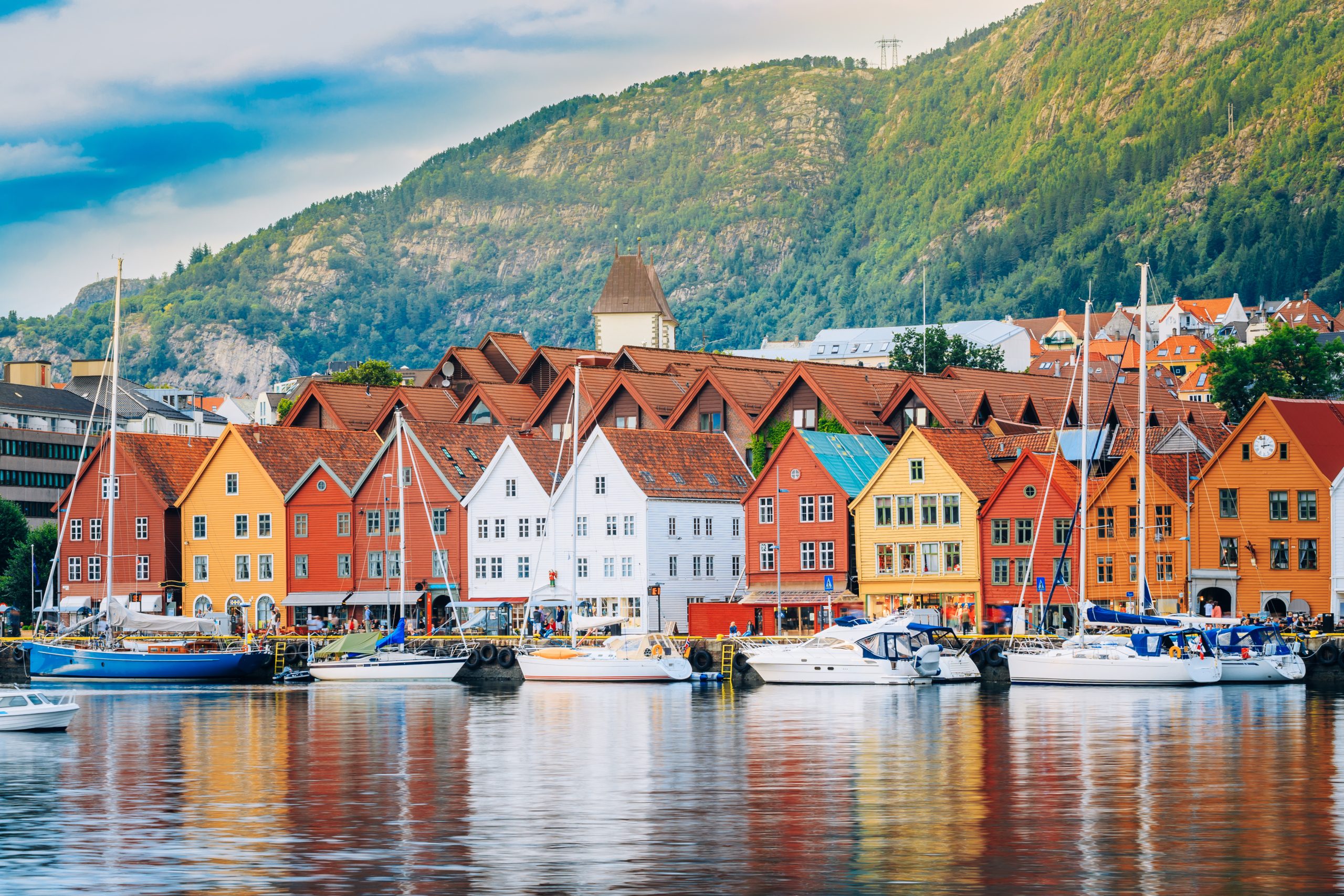Yara and Glocal Green Lead Norway’s Hydrogen-Industry Boost

The Norwegian hydrogen-industry has been rapidly expanding within the last few months. A country more notably known in the energy sphere for hydropower, oil and gas, Norway have widened their horizons with an encouraging switch of impetus towards hydrogen energy. Recent developments from across the country prove Norway’s allegiance to the production of clean energy.
The 24 MW hydrogen plant (located at Herøya Industrial Park) is the largest of its kind currently in operation in Europe and today was inaugurated by The Norwegian Prime Minister Mr. Jonas Gahr Støre. The hydrogen is produced with electrolysis of water and renewable energy, replacing natural gas as feedstock and annually cutting 41,000 tonnes of CO2 emissions from the site.
Yara’s all new hydrogen plant branded, “a major milestone”
Yara President and CEO: Svein Tore Holsether, commented, “This is a ground-breaking project and a testament to our mission to responsibly feed the world and protect the planet. I want to thank our dedicated employees who have worked tirelessly to get this cutting-edge production up and running, Enova for supporting the project, our partners and our brave customers who are first movers towards a more sustainable future.
“We are very pleased to have delivered the first tonnes of low-carbon footprint fertilizers to Lantmännen, a partnership which serves as a concrete example of how collaboration across the entire food value chain is required to decarbonise. Together, we have made this important step towards decarbonising hard to abate sectors,”
The low-carbon footprint fertilizers produced and delivered will be part of a new project; ‘Yara Climate Choice’ These solutions will have a positive impact on crops while simultaneously contributing towards decarbonising the food value chain and reducing climate impact.
In addition to fertilizers produced with electrolysis of water and renewable energy, Yara is now producing renewable hydrogen and ammonia and has already delivered the first tonnes of fertilizers made from renewable ammonia produced at this plant, “This is a major milestone for Yara and for the decarbonisation of the food value chain, shipping fuel and other energy intensive industries,” concluded Holsether.
Glocal Green and Norwegian Hydrogen partner up for Green Hydrogen
Following a letter of intent two years ago, Glocal Green AS and Norwegian Hydrogen AS have today taken a step further and entered into a concrete cooperation agreement for the development and establishment of hydrogen production regarding Glocal Green’s planned bio-methanol plant.
The hydrogen production will be organized into a separate jointly owned company.
“A two-year study and dialogue between us have today resulted in a joint commitment to hydrogen production in connection with Glocal Green’s methanol production units. It has crystallized into a clear win-win model between the parties, and in addition, this efficiency will benefit all other parties along this holistic value chain, and not least the market” commented Dag Nikolai Ryste, CEO of Glocal Green AS.
The market for this green methanol is enormous, and only getting bigger: primarily within the chemical industry but more importantly as a replacement for fossil fuels in the maritime sector and aviation. Hydrogen production requires power, and in a growing global power deficit, high transition efficiency is important.
This concept, which combines bio-waste and hydrogen, contributes to optimal energy utilization, where the energy from the biomass, together with the energy from the added hydrogen, provides an outstanding yield to the input power. The result is a green liquid hydrogen carrier that will contribute significantly to the green transition.
The first project is in Øyer in Gudbrandsdalen
They aim towards an annual production of 150,000 tons of bio-e-methanol, which will also involve local production of 15,000 tons of green hydrogen from electrolysis.
“This collaboration marks a significant step forward for the considerable synergies inherent in the co-location of hydrogen and bio-methanol production. By combining our resources and expertise, we can offer sustainable solutions that meet the increasing demand for green fuels. We look forward to realizing the many opportunities this partnership will bring, both nationally and internationally.
Beyond the project in Øyer, the parties also aim to develop several similar projects, primarily (but not exclusively) in the Nordic region.
Byline by Sonny Riddell

